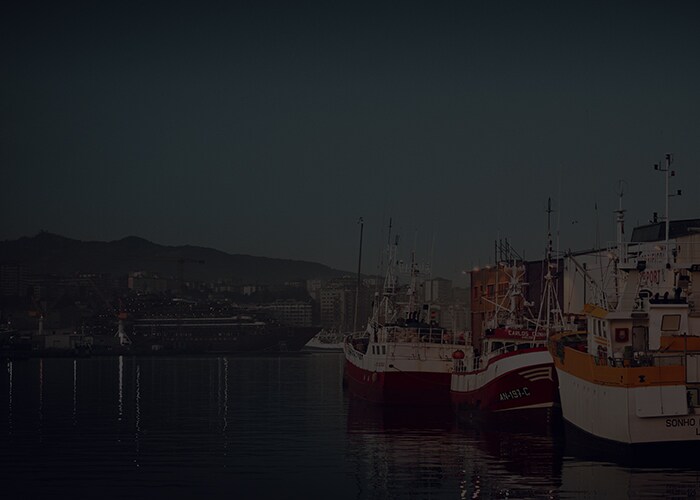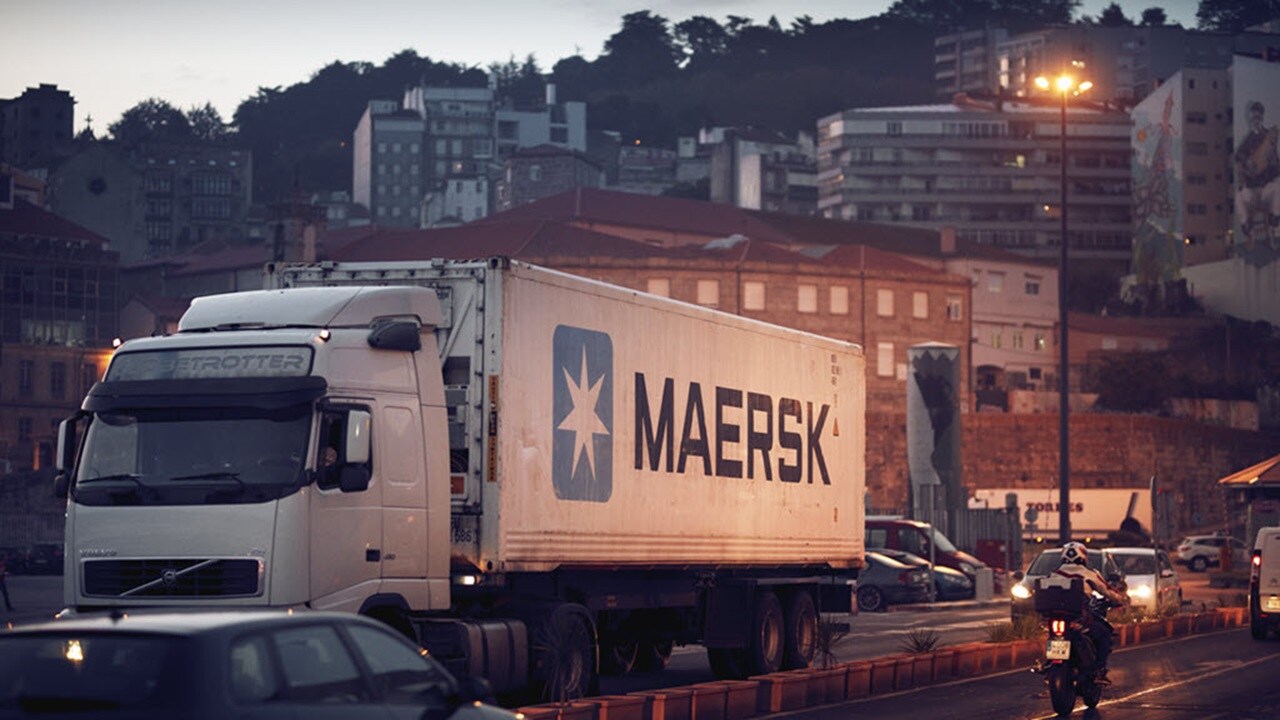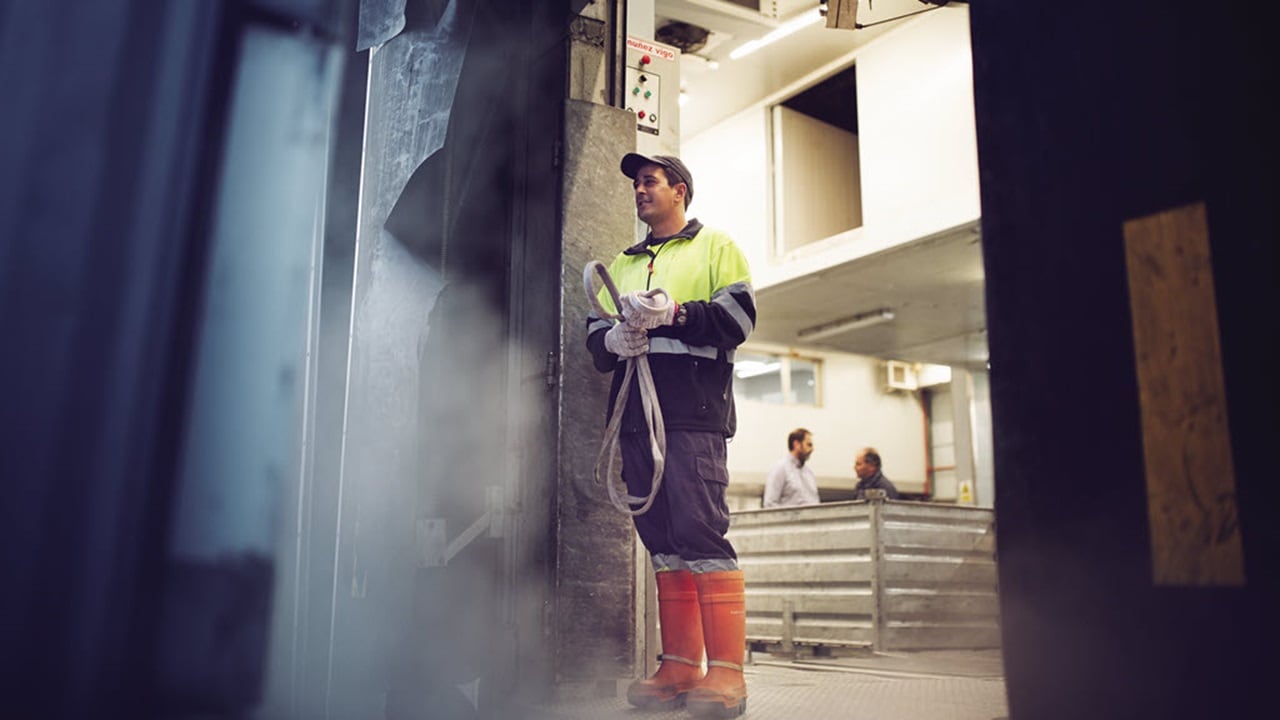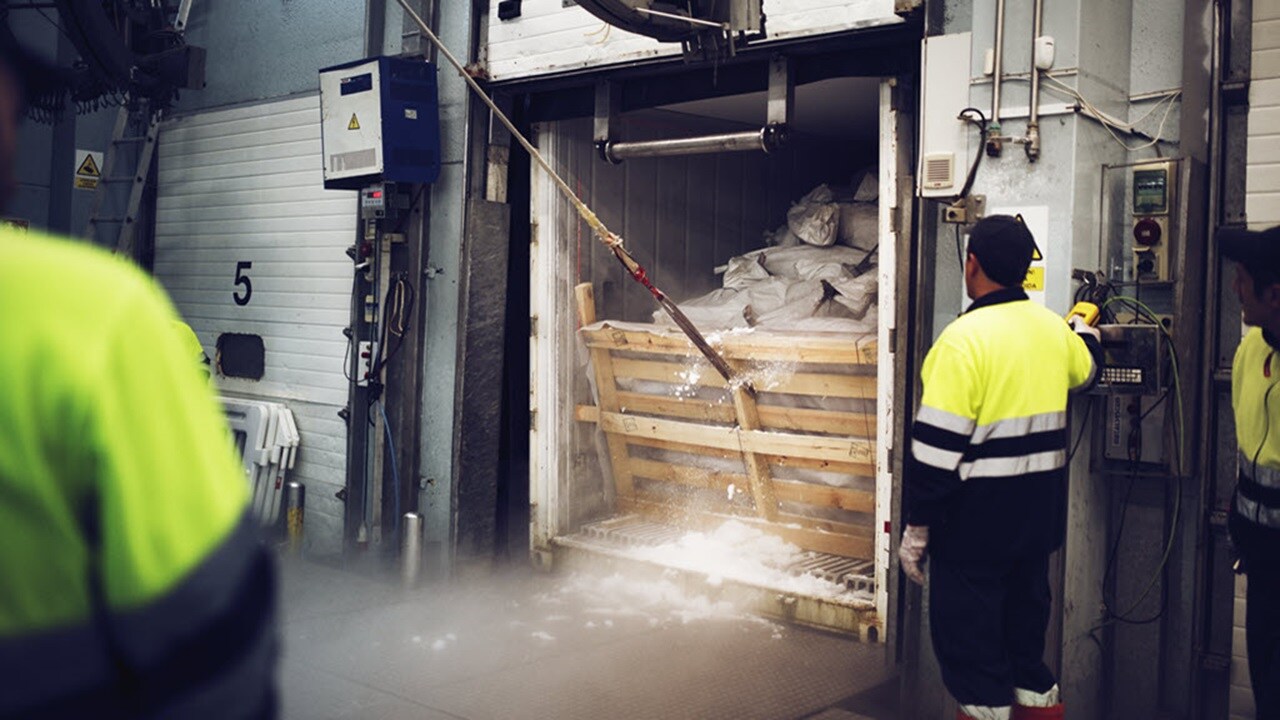Strengthening supply chains with transparency and reliability is vital for customers, no matter how sensitive their cargo may be.
From the sea to the supermarket, the global tuna industry of today relies on unbroken supply chains that can help ensure that fish remains fresh on its long journey across oceans and continents.
Echebastar – a tuna fishery based in Bermeo, Spain – is one of the few international companies and the only Spanish company to produce premium quality tuna. Offering their customers transparency and reliability is at the core of their value proposition.
“As the scope of our business grew, the complexities in my supply chain also grew, increasing the need for new solutions. We needed solutions that provided opportunities that were not currently there,” said Juan Basagoiti, Chief Commercial Officer at Echebastar.
To handle more complexities in the supply chain, Echebastar needed a partner who could offer simplicity and global opportunities.
“With Maersk’s integrated offering of products and services, we are able to grow our business and bring our tuna fish to consumers around the world, no matter where they may be located,” Basagoiti added.

Shipping with confidence
Tuna fish requires transportation at ultra-low temperatures and specialised care. For customers like Echebastar, shipping with confidence relies on two main factors, visibility and reliability.With cold chain offerings like super freeze containers and Remote Container Management (RCM), Maersk sets consistent quality, delivery and trust in place that enables Echebastar to transport their product with confidence and reliability.
“The super freeze container maintains a temperature as low as -60°C, which is an ideal solution for carriage of our frozen tuna fish. With a sensitive product like this, it is very important that we offer our customers optimal quality, requiring a lot of control over the transportation of our cargo,” Basagoiti explained.
With RCM and the recent addition of virtual assistant Captain Peter, Echebastar can also take full control of the visibility of their product.
“RCM allows us to monitor and control the conditions inside our cargo from the moment our tuna fish is loaded into the container to the moment the tuna fish is delivered to the final destination,” Basagoiti shared.
“We can ship to our customers knowing that our tuna fish is receiving the care it requires, giving us peace of mind,” he explained.
Thanks to the -60°C super freezing system and robust monitoring of the production and supply chain, Echebastar can supply premium quality tuna to consumers worldwide.
Building a reliable future together
Through container shipping, cold chain offerings and a truly global reach, Maersk is leaving a positive impact on the tuna fishing industry by enabling global trade. A positive impact that Maersk and Echebastar leave together every day.
“Today, Maersk’s global network allows us to reach multiple destinations across the globe. With shorter transit times and smaller volumes, we can provide a premium product to our customers while reducing food loss,” said Basagoiti.

Well-managed fishing
Since the company was established in 1967, Echebastar has been committed to responsible harvest of the fishery resources and the protection of marine environments. Today, Echebastar obtains a Marine Stewardship Council (MSC) certification, a widely recognised certification as the most rigorous global standard for well-managed fisheries.
Background: How shipping made tuna a global commodity
Until the 1990’s, tuna fisheries were reliant on break bulk cargo – cargo transported in barrels, crates and bags. General cargo ships that carried break bulk cargo would only stop at a few ports around the globe due to a limited number of terminals that could handle this type of vessel.Limited port calls coupled with high product volume that needed to be transported, put enormous pressure on the entire supply chain. Fisheries faced the danger of spoilage during transport, and the buyer faced the risk of having to buy large quantities of product and the potential liability of not being able to sell all end-product to consumers.
Today, the picture is much different. With a market that offers flexibility in terms of lower minimum volumes and the ability to ship to a broader range of worldwide destinations, the fishing industry has been positively influenced by container shipping.
A tuna's frozen journey
One of Maersk's 380,000 reefer containers

Early morning at the cold store

Welcoming the tuna

Unloading the tuna

Frozen tuna

Ultra-low temperatures keep the tuna fresh

Quality checking the tuna slices

Frozen tuna lining up for packaging

Author

无论您需要什么,我们都可以随时为您提供帮助
I agree to receive logistics related news and marketing updates by email, phone, messaging services (e.g. WhatsApp) and other digital platforms, including but not limited to social media (e.g., LinkedIn) from A. P. Moller-Maersk and its affiliated companies (see latest company overview). I understand that I can opt out of such Maersk communications at any time by clicking the unsubscribe link. To see how we use your personal data, please read our Privacy Notification.
By completing this form, you confirm that you agree to the use of your personal data by Maersk as described in our Privacy Notification.
